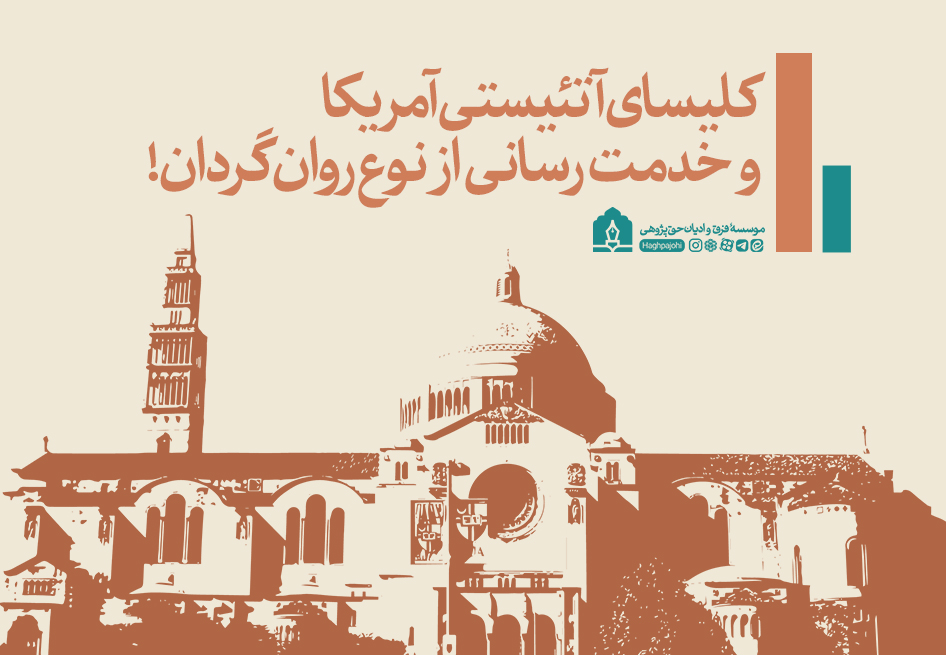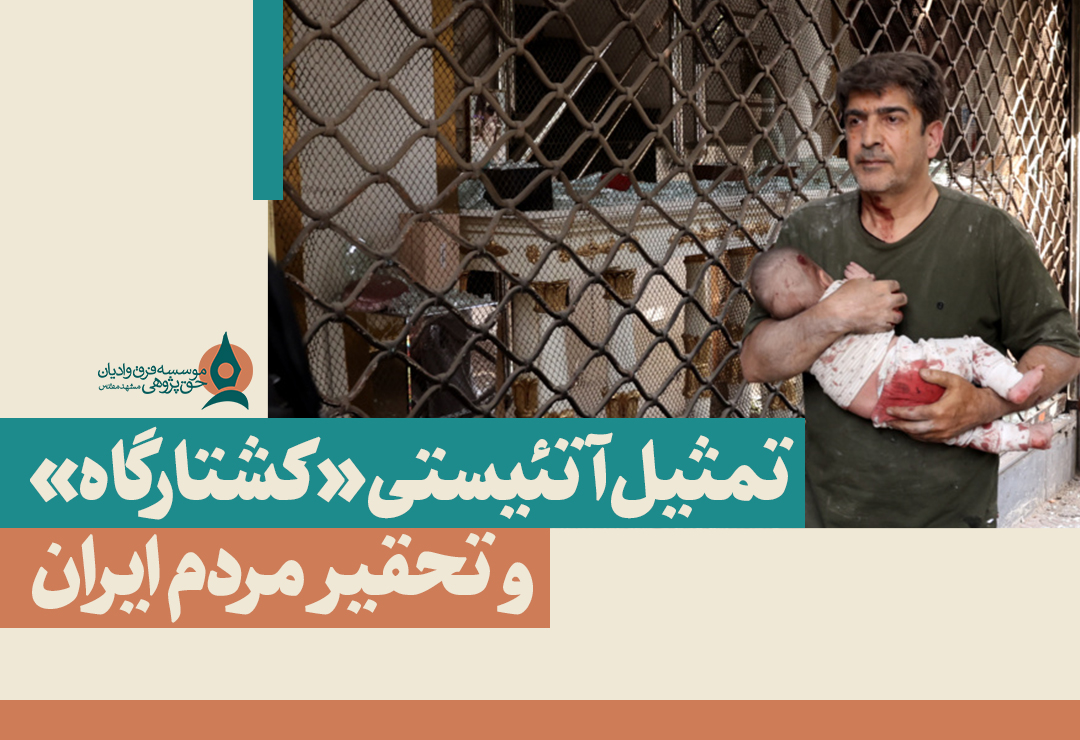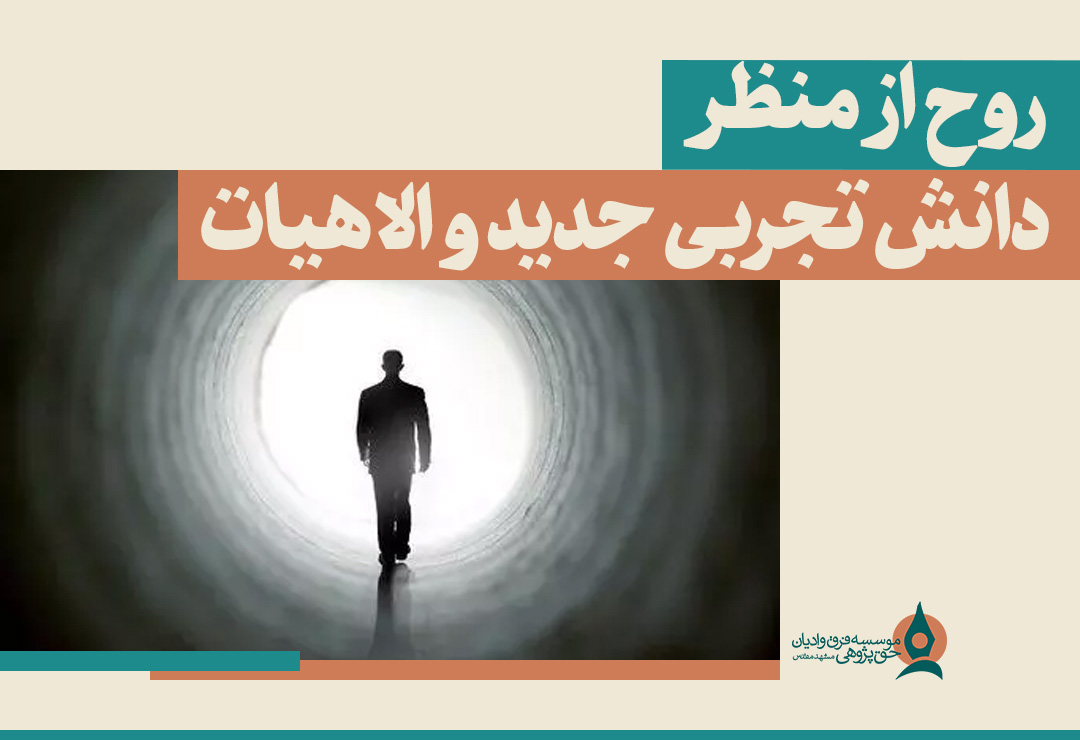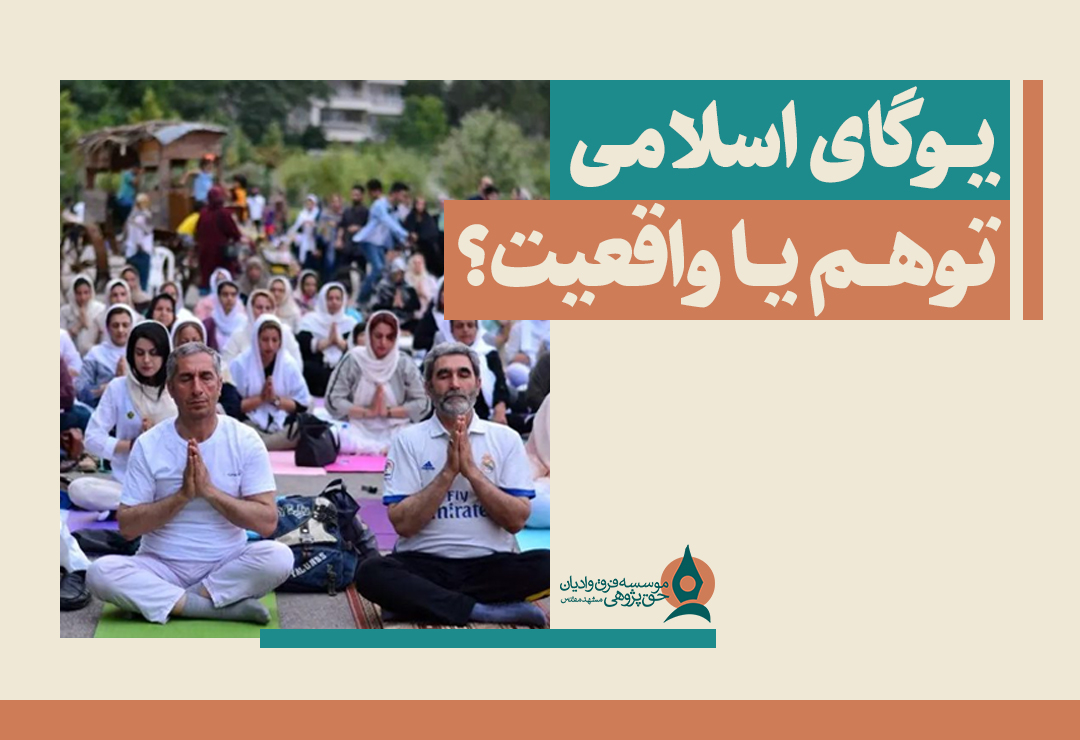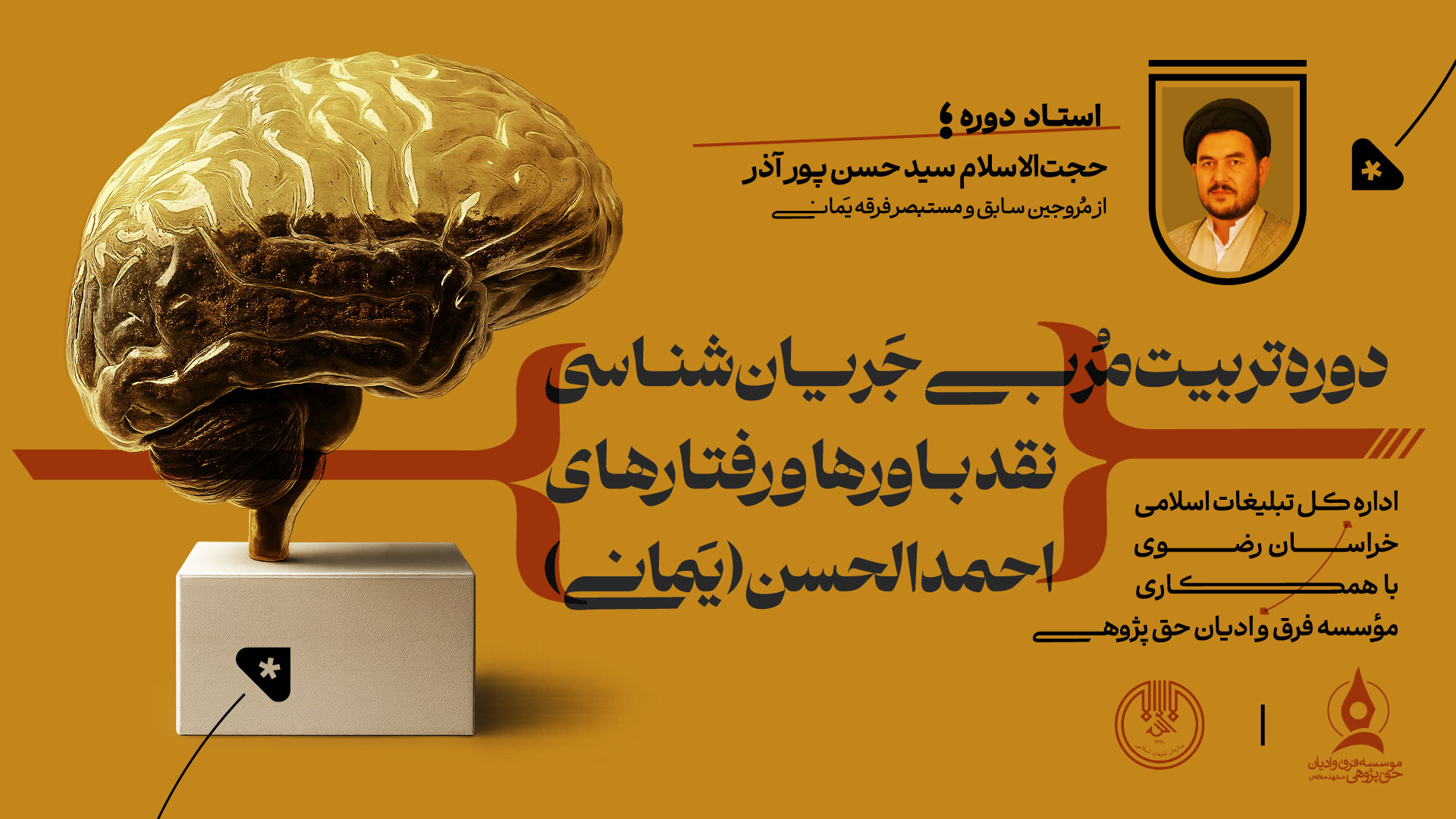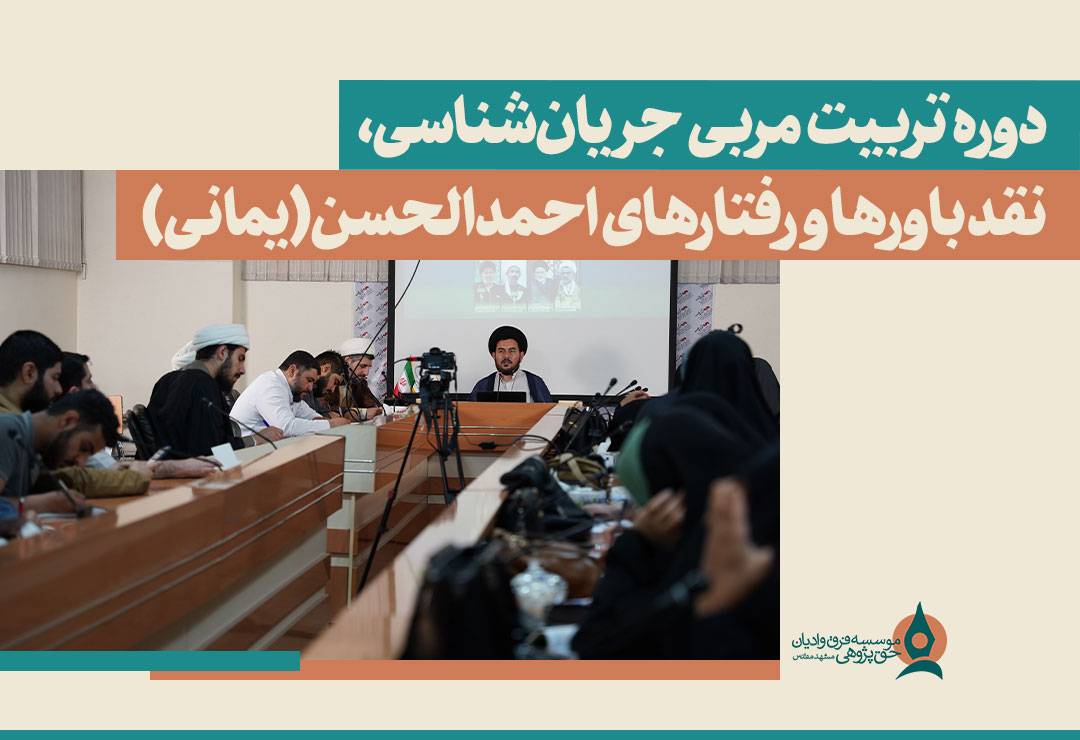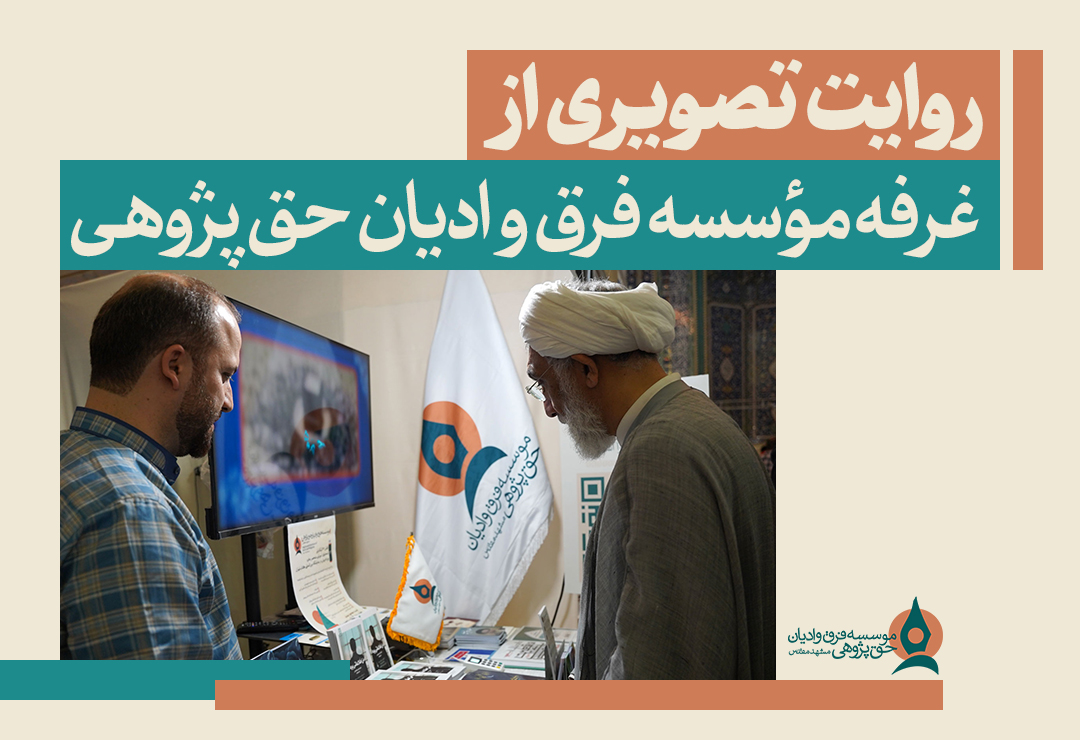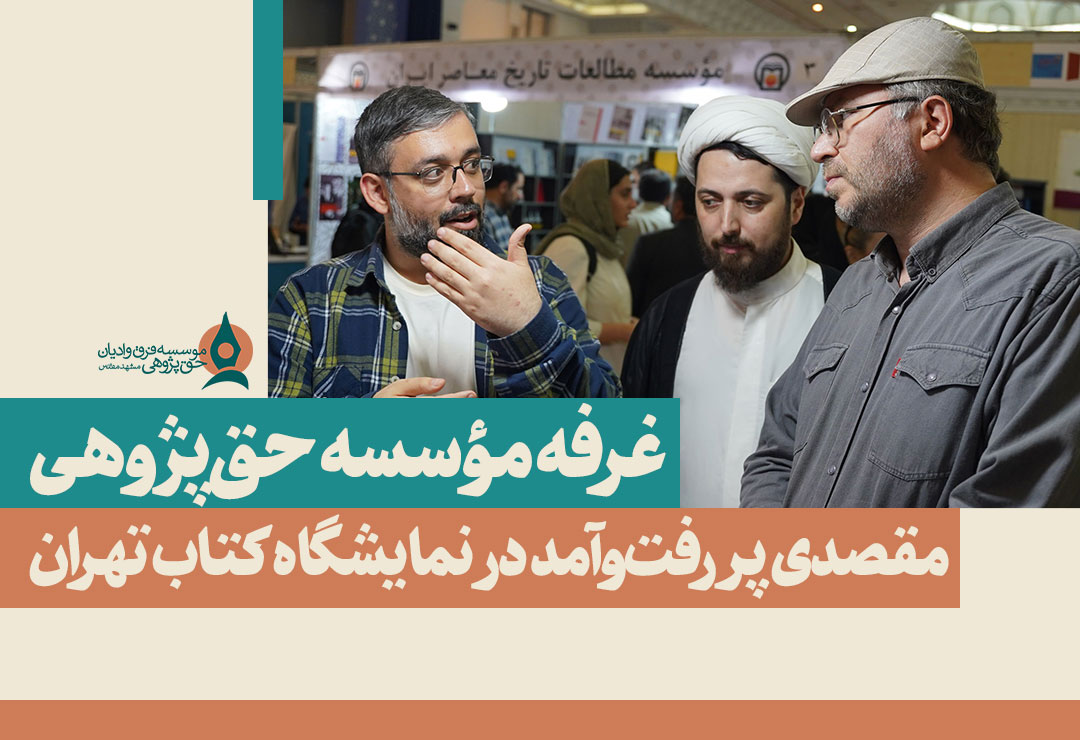آتئیستها و شیوه رفع نیازهای معنوی غیرمذهبیها
ژاکی فراست استادیار جامعه شناسی دانشگاه پردو در این باره که تشکیلات آتئیستی چگونه نیاز برخی از آمریکاییهای غیر مذهبی را برطرف میکند، مینویسد:
یکی از تجمعات بزرگ سکولارها، دورهمی یکشنبه است که با هدف ارائه تشریفات برای افراد غیر مذهبی برگزار میشود؛ اقرارهای مشترک، آواز خوانی جمعی، مراقبه بیصدا و آیینهای غسل تعمید؛ اینها، فعالیتهایی هستند که ممکن است در یک مراسم کلیسای مسیحی در صبح یکشنبه در ایالات متحده اتفاق بیافتد. اما چه میشد این خداناباوران به جای آن تشریفات، در مراسم کلیسای مسیحی شرکت میکردند؟ امروزه تقریبا 30 درصد از بزرگسالان در ایالات متحده میگویند که هیچ وابستگی مذهبی ندارند و تنها نیمی از آنها بهطور منظم در مراسم عبادت شرکت میکنند. اما همه اشکال کلیسا در حال افول نیستند؛ از جمله “تجمعات سکولار” یا آنچه که بسیاری آن را “کلیساهای بیخدا” مینامند.
وی تحلیلی قابل توجه ارائه میدهد مبنی بر اینکه افول دینداری و رشد الحاد در میان مردم، الزاما به واسطه کاهش رفاه جامعه نیست:
من به عنوان یک جامعهشناس دین که 10 سال گذشته را صرف مطالعه جوامع غیرمذهبی کرده است، دریافتهام که کلیساهای ملحد، همان فعالیتهای کلیساهای مذهبی را انجام میدهند. رشد کلیساهای آتئیستی گواه این است که افول دینی لزوماً به معنای کاهش رفاه جامعه، مناسک یا مردم نیست.
ژاکی فراست در بخش دیگر از تحلیل جامعهشناختی کلیسای آتئیستی، به توصیه مصرف مواد مخدر و روان گردان برای تجربه معنوی پرداخته، اظهار میدارد:
کلیسای آتئیست چیست؟ غالبا جماعات سکولار با استفاده از زبان و ساختار یک «کلیسا»، مانند جلسات یکشنبهها یا شنیدن «شهادت» یکی از اعضا، یا با تطبیق زبان یا اعمال مذهبی به روشهای دیگر، از سازمانهای مذهبی را تقلید میکنند؛ به عنوان مثال، تعداد فزایندهای از کلیساهای روانگردان وجود دارد که به افرادی که به دنبال تجربه معنویت و تشریفات از طریق مصرف مواد مخدر هستند، خدمات رسانی مینمایند.
ژاکی فراست، استادیار جامعه شناسی دانشگاه پردو، 11 ژانویه 2024
Church without God: How secular congregations fill a need for some nonreligious Americans
Sunday Assembly is one of the larger secular congregations aiming to provide community and ritual for nonreligious people.
Shared testimonies, collective singing, silent meditation and baptism rituals – these are all activities you might find at a Christian church service on a Sunday morning in the United States. But what would it look like if atheists were gathering to do these rituals instead?
Today, almost 30% of adults in the United States say they have no religious affiliation, and only half attend worship services regularly. But not all forms of church are on the decline – including “secular congregations,” or what many call “atheist churches.”
As a sociologist of religion who has spent the past 10 years studying nonreligious communities, I have found that atheist churches serve many of the same purposes as religious churches. Their growth is evidence that religious decline does not necessarily mean a decline in community, ritual or people’s well-being.
What is an atheist church?
Secular congregations often mimic religious organizations by using the language and structure of a “church,” such as meeting on Sundays or hearing a member’s “testimony,” or by adapting religious language or practices in other ways.
For example, there are a growing number of psychedelic churches, which cater to people looking to experience spirituality and ritual through drug use.
Jacqui Frost
Assistant Professor of Sociology, Purdue University
January 11, 2024
منبع:
بیوگرافی ژاکی فراست:
Jacqui Frost earned her Ph.D. at University of Minnesota in 2020 and joined Purdue sociology faculty in 2022. She is a mixed-methods scholar whose research integrates cultural sociology, sociology of religion, science and technology studies, and sociology of health. Most broadly, her work investigates the causes and consequences of religious disaffiliation in the United States. She is currently working on projects that examine conceptions of ritual and community in nonreligious congregations, the ways religious change shapes health and wellbeing, and conceptions of science as sacred in the transhumanist movement. She utilizes a range of methods to examine these topics, including surveys, ethnography, focus groups, and interviews. Her recent research has been published in American Sociological Review, Social Forces, Poetics, Social Currents, and Journal for the Scientific Study of Religion. You can learn more about Dr. Frost’s research and teaching interests at jacquifrost.com.
مدرسه علم و دین؛ گروه علمی نقد الحادجدید
منبع:
https://www-cla-purdue-edu.translate.goog/directory/profiles/jacqui-frost.html?_x_tr_sl=en&_x_tr_tl=fa&_x_tr_hl=fa&_x_tr_pto=sc

